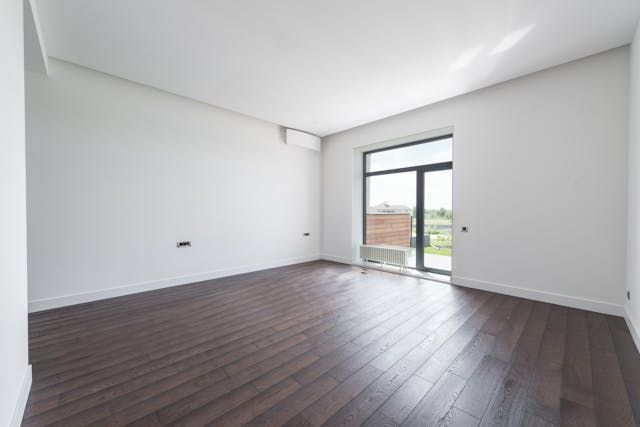Professional Property Staging Before Renting
When renting out a property, presenting it in its best light is crucial for attracting potential tenants. Professional property staging transforms a space into a welcoming home, showcasing its finest features and helping renters envision themselves living there. This process not only enhances the property's aesthetic appeal but also reduces the time it spends on the market.
Here are some key aspects to consider when staging rental property:
Enhance Curb Appeal
First impressions matter, and the exterior of a property is the first thing potential tenants see. Enhancing curb appeal involves maintaining the lawn, trimming bushes, and ensuring that the property’s entrance is clean and inviting. A well-kept exterior sets a positive tone and encourages prospective renters to explore further.
Declutter Living Spaces
A clutter-free environment creates a sense of spaciousness and order. Removing unnecessary items allows the potential tenants to see the full potential of the property. It helps make the space feel larger and more welcoming.
Add Decorative Elements
Decorative items can help create an inviting ambience. Items such as throw pillows, artwork, and plants can add character to the space without overwhelming it. These elements contribute in making the property feel like a home, which can be appealing to potential tenants.
Arrange Furniture to Showcase Room Functionality
Proper furniture arrangement can highlight the functionality and flow of each room. Staging furniture in a way that demonstrates the best use of space helps potential tenants understand how they can utilize the area.
Utilize Lighting to Brighten the Space
A blend of natural and artificial lighting can brighten up the space. Good lighting is essential in making a property feel warm and inviting. Ensuring all areas are well-lit can make the property more appealing, safe and welcoming.
Employ Neutral Color Schemes
Using neutral color schemes in a property appeals to a broader audience. Neutral tones create a blank canvas that allows potential tenants to envision their belongings in the space.
Ensure the Property is Clean
Cleanliness is essential in property staging, as a spotless, well-maintained space signals that the property has been well cared for. A clean environment not only enhances the property's appearance but also reassures potential tenants about its upkeep and reliability.
For more information about professional property staging in Killeen, TX, visit Hunter Rentals & Sales, at 1503 W Stan Schlueter Loop, Killeen, TX 76549, United States, or call (254) 634-3311. You can also browse
www.hunterrentals.com and connect on Facebook and Instagram for the latest updates.







